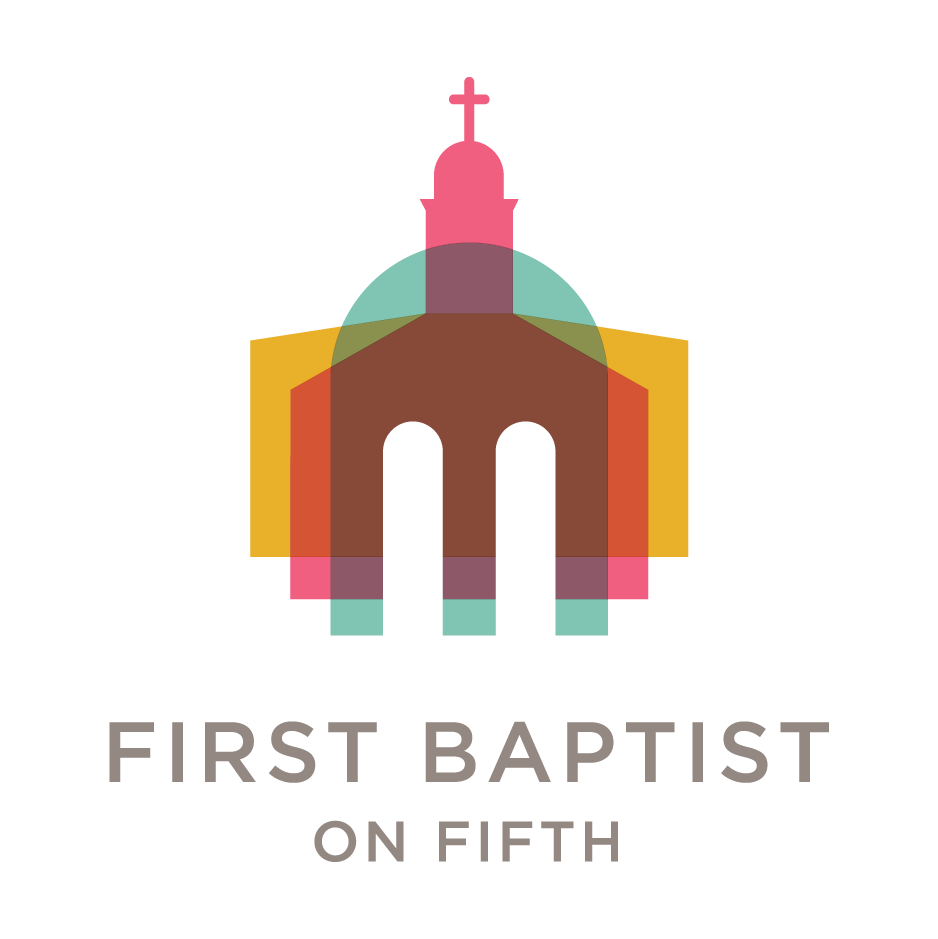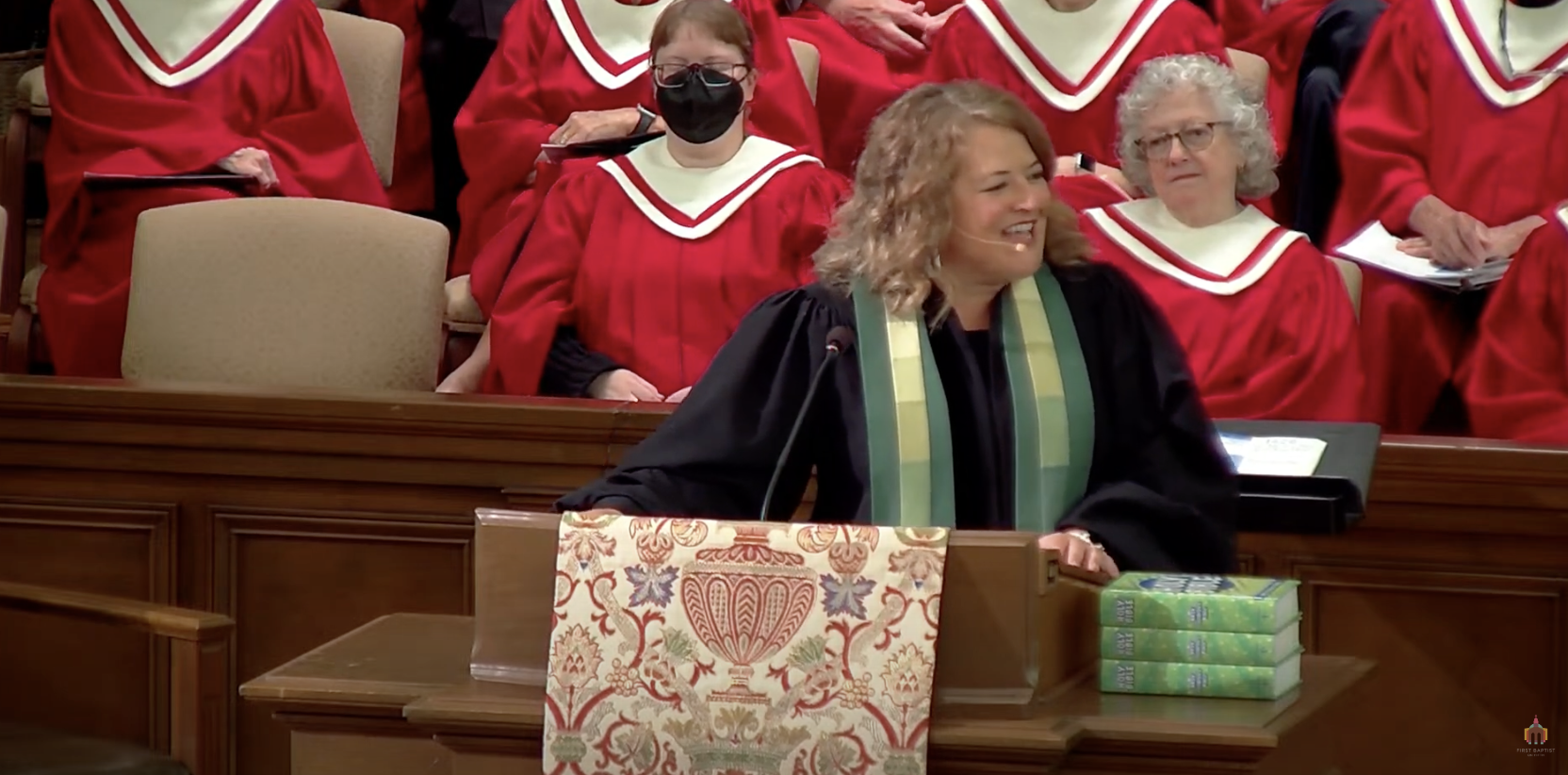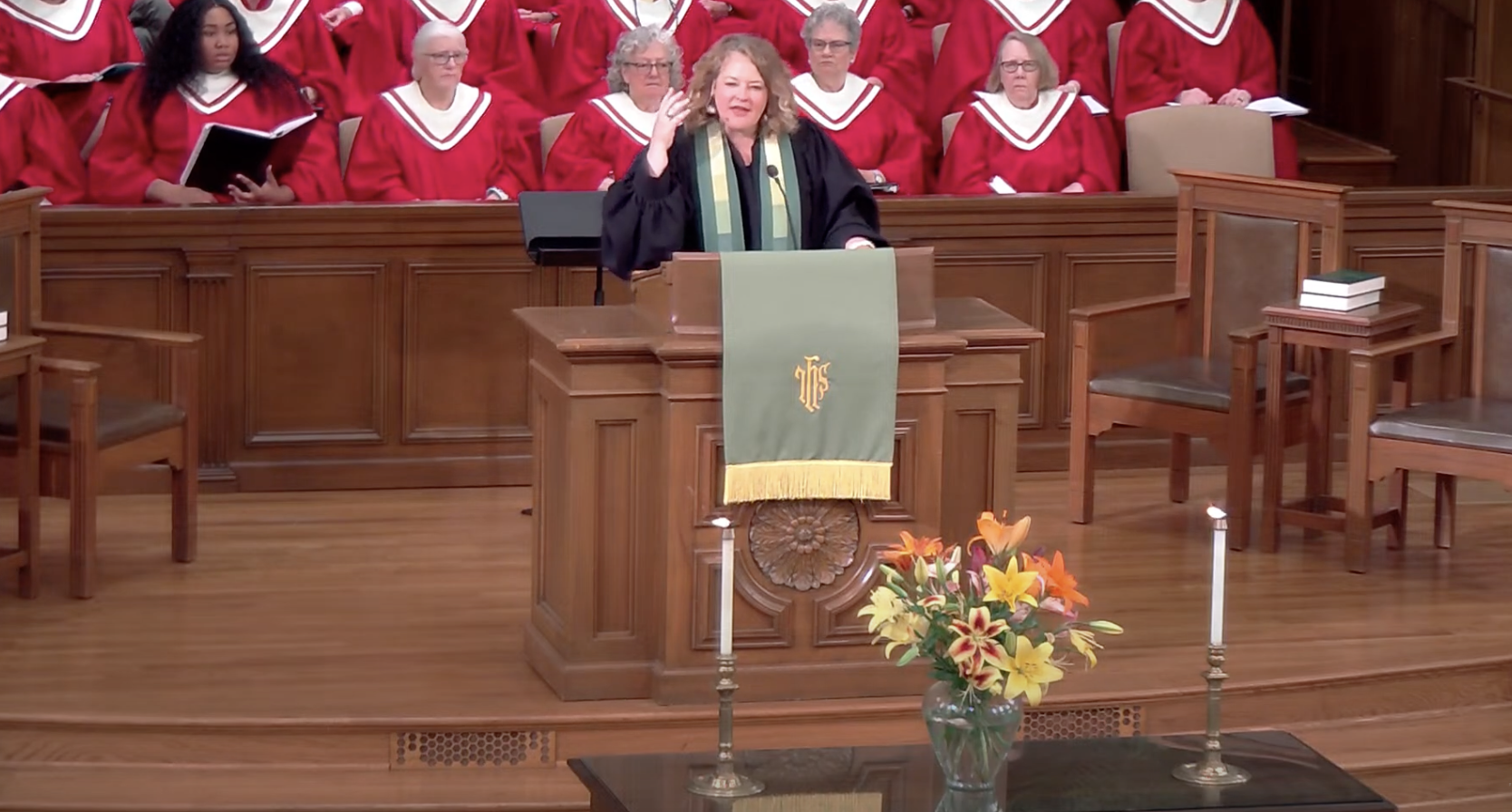I This time last year, I completed a journey I thought would just about do me in. I’m talking about the five days that Josh and I spent on the Camino de Santiago, that ancient Christian pilgrimage across Spain to the city, Santiago de Compostela. I’ve told you over this past year about what our pilgrimage meant, how deeply transformative it was for me and the lessons I’ll carry with me forever.
But I haven’t told you about one of my first observations, this one after our first day on the trail. We walked about 14.5 miles that day, in forests and along riverbanks from Sarria to Portomarin, and as became our custom, rested upon our arrival with a shower and a nap before setting out for dinner. Let me tell you that in the amount of time it takes you to shower and nap after 14.5 miles, your muscles get SORE. (We ascribed to the ‘motion is lotion’ philosophy while walking, and kept moving when we felt the soreness setting in!) And that night as we walked some more to find dinner for the evening, I realized: I’m limping! Not from blisters (yet), not from what I was carrying, but simply from the journey itself.
But as we looked around at the hundreds of pilgrims, clean and making their way to dinner, I realized: we’re all limping! You could spot a Camino pilgrim immediately, and not just from their bandaged feet or sunburnt cheeks. For it seems that an encounter on the Way marked us all with a limp.
IIIf you remember where we left off last week, Jacob, whose name means ‘the supplanter,’ or the one who does by whatever means necessary that which gets him ahead, has done just that. Tricking his hungry brother Esau into trading his birthright for a bowl of soup, tricked his blind father Isaac into giving him the family blessing instead of the firstborn Esau, then tricking his father-in-law Laban out of his herd of animals and stealing his religious icons, then after all the deceit was done, Jacob had gathered up his family, flock, and spoils and ran plumb away. For it seems that Jacob’s endless unfolding fraud was finally catching up with him: Esau, enraged, had assembled an army and was advancing upon Jacob. Jacob couldn’t have really thought that the gifts he sent ahead to meet Esau’s army would have softened his brother’s lifetime of anger. But in the darkness of his desperation, Jacob who had sent his family on ahead of him, found himself alone at night by the river Jabbok, frantic with fear, finally facing that dead end that his lifetime of running and lying and cheating had been trying to avoid.
There at the edge of who he knew himself to be, Jacob meets a stranger, whose face remains shrouded in the darkness. History and tradition give to the stranger the name of the Lord, our high and holy God who came to lowly and lying Jacob, “wrestling with him until daybreak.” Jewish scholarship on this text teaches us that the Hebrew word translated “wrestled” [va-ye’avek] looks like “twining, or knotting around one another, being tied together… the closest confrontation – literally face-to-face – of the whole body.”1 For God came not to lift him out of the crisis or let him run away from it like he always had, but rather to wrestle with him through it. God did not make easy Jacob’s fording of that literal and metaphorical river, but rather God left him forever marked because of it. When he grasped and struggled with the Lord, he struggled too with his own inner demons, like his ego, his need to control, his daddy issues, his regrets over all he’d done to Esau and how the wound delivered from him became a wound received by him too, his fears and regrets and anxieties about the good that will prevail, his desire for wholeness, for stillness, for an end to the striving, but mostly for the closeness of God who will never let him go. Jacob’s working out his stuff, we might say.
As Jacob limped away into the dawn, you could almost imagine that the experience and the blessing he gained that night meant more to him than any favor he had once acquired through his wily ways. For the God who laid bare Jacob’s life, who saw through the darkness and the deceit to the human person under it all, who gave Jacob the option to bet it all on a blessing — that is the God who rose with him in the morning, lamed, renamed, and reconciled anew.
It’s no coincidence that it’s only after Jacob struggles with God that he can finally meet Esau, nor is it happenstance that the one who lied about his identity to Isaac now confesses it freely to the nighttime stranger. And it’s equally purposeful that Jacob’s new name is Israel, that the supplanter by night becomes the preserver and promise-keeper by day.2Israel, who will, throughout her history as a people, go on to struggle with God, to face God and be touched by God, to prevail with God and receive a blessing from God; Israel, a nation defined not by land or success or might, but defined instead by struggle with God.
III “Encounters with God mark us,” my Old Testament professor at Wake Forest summarized when teaching us this text. He’s biased towards the Hebrew Scriptures, of course, but in Dr. Walls’ theology, this story of struggle is right at the center of our relationship with God. They leave us forever changed, where we cannot help but to carry the mark with us for the rest of our days. Like Jacob, even as we’re wounded in our wrestling, the struggle is where we come to know our courage and vulnerability, simultaneously.3
Over what do we struggle with God? You know the list. Vocation and calling and how we are to spend our one wild and precious life. Relationships and their many layers. Understanding or at least finding reconciliation with the griefs and losses of this world. Conflict and crises that strip us of hope. The reading and interpretation of scripture, and what we’re to do with the Spirit’s movement in our lives.
In all these years of knowing and loving each other, I’ve heard these struggles in you. And you’ve heard them in me too. Those nighttime brawls with God have changed me, of that I know. Wondering why such profound suffering would wreck certain families or communities, or how a relationship once shared could have disintegrated so fully without explanation, or when a hard situation would finally resolve, or where I should be by this age or that stage, or who I am at my truest and most honest self.
A few weeks ago as I apologized to Zack for the timing that assigned him perhaps the hardest text in scripture to preach – that of Abraham and Isaac and all that could have been – I wondered aloud with him about the role of the preacher in one of those moments that you didn’t know you believed what you said until it tumbled out of your mouth. (You know those moments, right?) “In preaching, it’s not our job to tell people what to think,” I said, thinking of generations of faithful Baptists who gave their lives for this very freedom of conscience. “Rather,” I mused out loud, “I think it’s our job to bear witness to struggle.” For what good would it serve any of us for a preacher to tell us what to think, or to suggest that the word of God has been tamed into an 18-minute sermon, or to wish for a comfortable, non-threatening lesson each day to make sure we stay liked? No! Limping into the pulpit, or limping into this room together, or limping with honesty to friend and neighbor online and in person with both the wound and the blessing from the text says “me too.” You are not alone. I struggle too. But hear the good news: Love did not – and does not – let us go.
The same goes for the work of the church. Let’s not fool ourselves or anyone else for that matter by suggesting that the gathered community of Christians has it all figured out, or that we just want to sand down the rough edges and clean up with a smile and a crisp new dress and suggest that this is what makes for the Christian life, or that struggle is not part and parcel of what we do. Not a chance.
I’d even go another step to say that being a Christians in the United States makes this even more important to say clearly. Because culturally for generations, the American church has been at the center of our public life. It’s not a stretch to say that Christianity in our country for decades has been the dominant religious community: the Goliath not the David, the Empire not the Rebels harnessing the Force, the Ministry of Magic not Dumbledore’s Army, the establishment not the underdog, lifted to the heights of power with elected officials and judges and a rock solid power base.
Yet as Christianity has been disestablished from the center – due, in part, to a loss of moral authority in clergy sexual abuse scandals, white Christian nationalism, the marriage of evangelical Christianity to a political party, etc. – we are having to relearn the art of the struggle. Thank God. Literally. Of this, Walter Bruggemann says, “we’re having to face up to our weirdness and the sense of being a misfit in the world.”4 Being outsiders, not insiders. Being against the seats of power, not in them. Being the losers, not the winners. For according to Abraham, Isaac, and Jacob, to Sarai and Hannah, to Isaiah and Jeremiah and Job and David, to Mary and Elizabeth, to disciples dropping nets and women leaving behind their water jugs, to Paul and Peter and generations of Jesus-followers ever since, the witness of our faith is witness to struggle… struggle not just for struggle’s sake, but for the blessing of the gospel, good news that emerges with the dawn. The message of the cross is foolishness to those who are perishing, remember, but to us who are being saved, it is the power of God.
IV Novelist Nikos Kazantzakis, who wrote Zorba the Greek and The Last Temptation of Christ, once told a story of a young man who went on a journey. He headed out to the Aegean Sea to the Orthodox monasteries that sat nearby, in part to visit a particular monk whose little home was on the face of the rock. The man climbed up to this monk’s home, and entered for enlightenment. “Father,” he asked the monk, “do you still wrestle with the devil?”
“Not anymore,” the monk replied to his guest. “I have grown old, and the devil has grown old with me. He no longer has the strength. Now I wrestle with God.”
“With God?,” the man asked. “You wrestle with God? Do you hope to win?”
“No,” the monk said with a smile, “I hope to lose.”5
Of Jacob’s outcome in this story, Frederick Buechner calls it the “magnificent defeat.” Because, as he notes, losing to God is really winning. It’s a blessing in disguise.6
Friends, the work of the faith – our gift and task – is to struggle with God, to intertwine our hearts and bodies and minds and souls so firmly with God’s that struggle becomes embrace, and to leave marked and blessed by the experience.7It’s nighttime work, you know. But that “day work” that we’re so good at? As good as these things are, no amount of paying the bills and managing the house and attending our tasks and watering the plants and filling the resume and growing the savings – none of this will save us from the struggles in the night. Or, in the parlance of our church, no amount of staffing the committees and growing the endowment and filling the pews and cleaning up our website will relieve us of the wounded wrestling we must do. Because what our lives are about, Walter Brueggemann reminds us, “are those troublesome intrusions that call all of this into question and place it in jeopardy.”
Struggling with God costs us. But it also frees us. It helps us to get to confessions: I don’t want to wound anymore. I can’t keep doing this. I have failed you. I don’t know who I am anymore. I want to be made well. Scholar Aviva Gottlieb Zornberg surmises that what Jacob most desires is, as she says, “the enduring consciousness of the goodness of God that permeates and integrates a life.”8 Which sounds a bit like what one of my pastor mentors says in his baby dedication blessings, “we pray for you to have a good life, not an easy life.” Which sounds a bit like sacred struggle and life-giving blessing. Which sounds a bit like good news, if you ask me. Amen!





